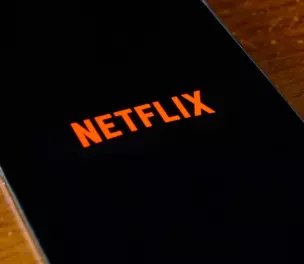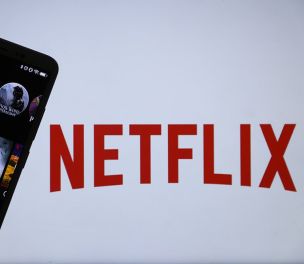Click to read the article in Turkish
According to the new regulation published in the Official Gazette, radio and TV broadcasts on the internet will be under the authority of the RTÜK and the Information and Communication Technologies Authority (BTK).
Digital platforms such as Netflix will be obliged to get a license from the RTÜK to broadcast on the internet.
CLICK - Radio and Television Supreme Council Authorized to Inspect Online Broadcasts
Kerem Altıparmak, an associate professor in human rights law and constitutional law, told bianet that the regulation is similar to the draft regulation published in September 2018.
Saying that the RTÜK exceeds the RTÜK exceeds the authority given by the law, Altıparmak said:
"An additional article was added to Law No. 6112 on Foundation and Broadcasting Services of Radios and Televisions. In that article, it was determined that internet broadcasting will be subjected to license. But a regulation was prescribed. Now, this regulation gives authority that exceeds the law to the RTÜK. From now on, the implementation of all provisions of Law No. 6112 by the RTÜK is in question.
"Also, implementation of all provisions of Law No. 5651 on Regulation of Publications on the Internet and Combating Crimes Committed by Means of Such Publications by RTÜK is in question."
With the regulation, the RTÜK will be able to define obscenity, general morality or national integrity for internet broadcasting as it does for TV broadcasting, Altıparmak underscored.
"The first platforms that come to mind to be affected are platforms that broadcast continuously such as Netflix or BluTV but there are many vague areas in the regulation. The situation of channels that do not broadcast continuously but regularly such as Deutsche Welle Turkish, BBC Turkish or other websites is very uncertain," he said.
"While YouTube is not responsible as a platform, if people who broadcast on Youtube or channels that continuously will be affected is left up in the air, which I think is intentional.
"All of these will be left to the RTÜK's interpretation. If the RTÜK applies the rules it applies to the television channels, it becomes impossible for Netflix to broadcast in Turkey. Netflix would have to remove all its series to broadcast. With RTÜK standards, you can't save Netflix with 'bleeping'.
"And there is the money situation. 100 thousand liras [~18 thousand dollars, for obtaining a license] may not be a large amount of money for Netflix and other big platforms. But for amateur channels and alternative media, 100 thousand liras is a large sum of money.
"We are talking about a practice that does not come with a law but a regulatory action. This is the greatest step in Turkey's history of censorship." (HA/VK)





.jpg)
-132.jpg)





aswf.jpg)
-132.jpg)





